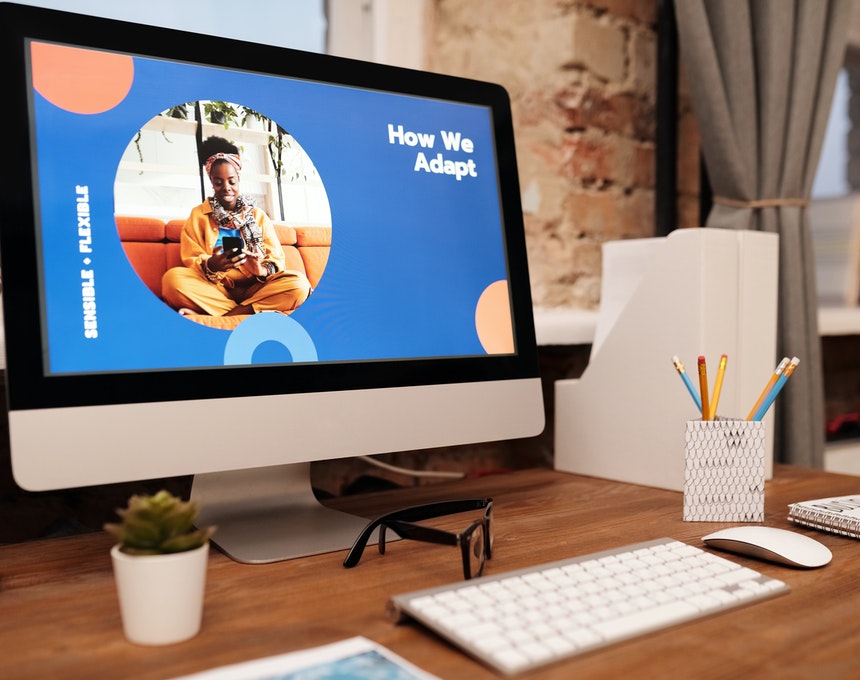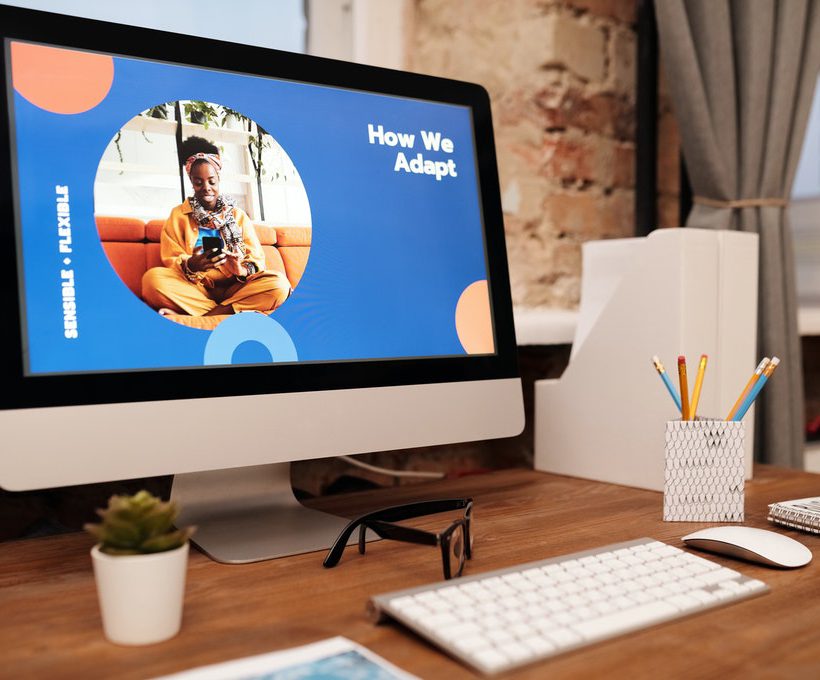The impact of the COVID-19 pandemic is changing and reshaping our working world rapidly. For employers, this means searching for new talents or upskilling current employees in ensuring the longevity of their organisations during and after the global crisis.
At this time, one of the most sought-after soft skills that employers seek when hiring candidates or strengthening their present manpower is adaptability.
This is because of its importance for growth within a job role.
Adaptability can be defined as a skill that requires being able to rapidly learn new skills and adopt different behaviours in response to changing circumstances.
During the pandemic, those who remain in the workforce are likely to face new adversities and challenges that they would otherwise have not foreseen.
While they might find this current experience a constant struggle, it is these challenges that can help build up their adaptability, especially in their ability to deal with changes.
Even prior to the global pandemic, the rapid transformation in technology, diversity and society have compelled those employed and those hunting for jobs to constantly reskill and upskill to expand their job prospects and as a means of being more adaptable.
These days, organisations need employees who are open to new ideas, flexible enough to work through challenging problems, and generally able to cope when things do not go as planned.
In addition, they are increasingly looking for people who can move out of their comfort zone and see change as an opportunity for growth and innovation.
Being adaptable is important in many ways because it shows your ability to be resourceful, displays your leadership and analytical skills, as well as proving your grit and determination.
This gives you the advantage of being a valuable employee at the workplace; through your open-mindedness at work, for example, you are not afraid of changes, you dare to question the status quo, and you are willing to explore unconventional approaches.
Furthermore, in adapting well to a wide variety of circumstances, it does not scare you to be in an unfamiliar situation.
Instead, it will make you feel curious as you welcome new and/or different ideas, suggestions, or constructive criticism, enabling you to be an active listener and an advocate of diversity.
When demonstrating adaptability, you need to be aware of any gaps between your desired and actual performance levels, as this insight can drive behavioural change from the likes of demotivation and resistance to change.
Aside from that, you need to shift your perception about change by looking at it as an opportunity to improve, and by accepting failure as a necessary step towards achieving better job performance.
In the long run, your adaptability will ease almost any pressure you have of quitting your job.
This is because you have perceived every challenge as new and exciting, and remaining dedicated to your job means pushing through even when things get hard.
Photo by Mikael Blomkvist from Pexels.




